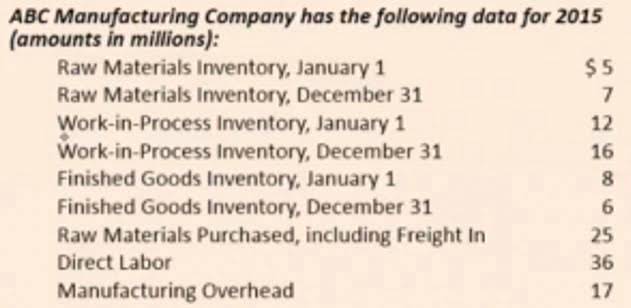
They have a more comprehensive understanding of the bookkeeping role, allowing them to support or even lead the current bookkeeping staff with less experienced members. Accountants, on the other hand, operate at a higher level of financial strategy. They are usually involved in more complex financial planning, including tax planning and business analysis. While they also review financial statements, their work often focuses more on interpreting and analyzing financial data than recording it. Accountants use this analysis to provide strategic advice to the organization’s management.
Gaining Practical Experience
Practical experience allows you to apply your knowledge in real-world scenarios and develop the necessary skills to handle the of the role effectively. Running a business involves juggling various responsibilities, and bookkeeping can be time-consuming and complex. By hiring a full charge bookkeeper, you can free up valuable time and resources https://www.bookstime.com/articles/1-800accountant to focus on your core business functions. Instead of spending hours on bookkeeping tasks, you can dedicate your energy to growing your business, serving your customers, and developing new strategies. As the demand for comprehensive financial management services continues to grow, the job market for full charge bookkeepers remains robust.
Training Requirements for a Full Charge Bookkeeper

Unlike regular bookkeeping, which may focus on specific tasks like data entry or maintaining ledgers, full-charge bookkeeping entails a broader set of responsibilities. It encompasses financial analysis, payroll management, reconciliation, and generating financial statements. With their attention to detail and expertise in accounting software, full charge bookkeepers can generate comprehensive financial reports that provide valuable insights into your company’s financial health. These reports can help you track your revenue and expenses, analyze profitability, and make informed financial decisions.

Responsibilities of a Full Charge Bookkeeper
They’ll be in charge of getting your finances organized, keeping track of sales, income and expenses, and executing payrolls. Outsourced financial services such as full charge bookkeeping, offer a variety of other benefits to your business as well. These benefits include cost savings, enhanced efficiency, access to specialized talent, risk mitigation, and the increased ability to focus on value-creating activities. So the position of a full charge bookkeeper doesn’t cover all the duties of an accountant. Also, the formal education requirements are higher for an accountant, and they need to hold a bachelor’s degree in accounting or finances at least.

Figuring out the basics of bookkeeping and finding a reliable bookkeeper is the nightmare of every small business owner just starting. However, as the business grows, so do the bookkeeping needs, which is why you should consider stepping up your bookkeeping game. Today we will explain what is full-charge bookkeeping and how you can benefit from it. Obtaining professional certifications is a way to showcase your expertise and commitment to the field of bookkeeping. While certifications are not always required, they can significantly enhance your credibility and open doors to better job opportunities. The balance sheet provides a snapshot of the company’s assets, liabilities, and equity at a specific point in time.

They ensure employees are compensated on time and according to applicable labor legal guidelines. Additionally, full-charge bookkeepers manage timesheets, ensuring that working hours are accurately recorded, and what is a full charge bookkeeper payroll is appropriately processed. When you decide to hire a full charge bookkeeper, it’s important to know what to look for. Having an in-house bookkeeper means they’re always there for your company’s needs.
Employing a full charge bookkeeper is like adding a seasoned navigator to your crew, bringing a wealth of benefits that ensure your financial management sails smoothly toward success. When it comes to small business bookkeeping, the role of a full charge bookkeeper must be balanced. Many small businesses operate on thin margins, and the financial acumen provided by a full charge bookkeeper can often make the difference between success and failure.
- An in-house bookkeeper gives you continuity and knows your business’s finances well.
- When needed, you can hire a certified public accountant to coordinate with an FC bookkeeper and help with audits and tax returns.
- By taking over the complicated and time-consuming tasks of bookkeeping, a full charge bookkeeper allows the business owner to focus on core areas of their business.
- Taxfyle connects you to a licensed CPA or EA who can take time-consuming bookkeeping work off your hands.
- As a full charge bookkeeper, you need to be well-versed in popular accounting software programs such as QuickBooks, Xero, or Sage.
- A full-charge bookkeeper is a key person who takes care of all the bookkeeping tasks.

